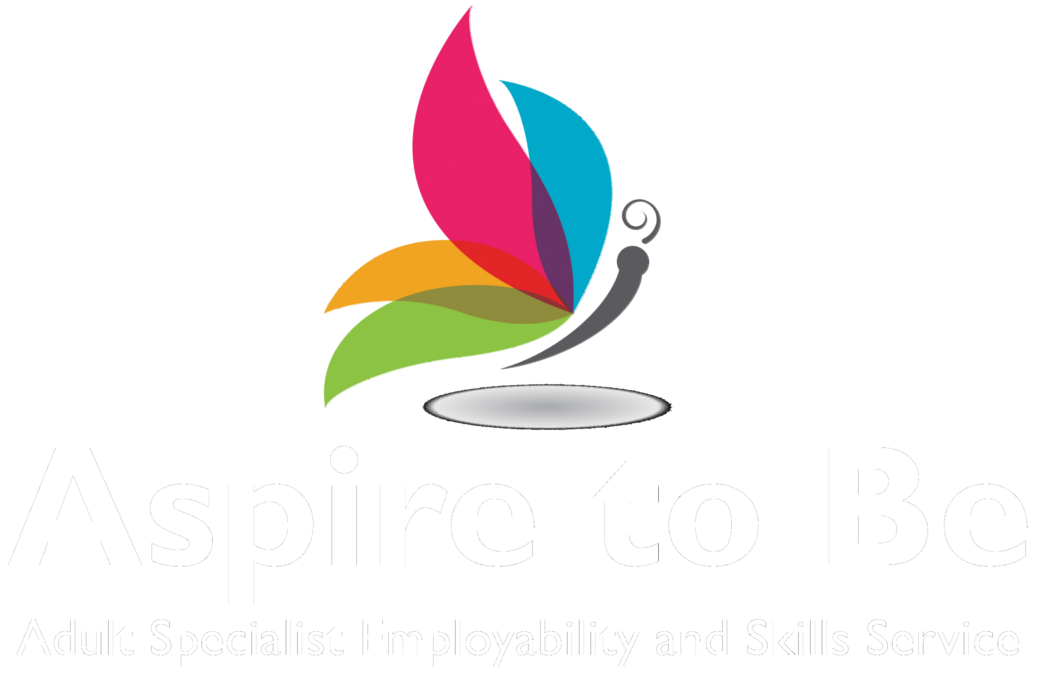In our latest blog, Barbara Malone, one of Aspire to Be’s work coach/trainers, takes a look at the works she does to help people with communication difficulties into work using a process called ‘job carving’.
I have worked within Doncaster Deaf Trust for over 14 years first as a residential support worker before moving on to become a work coach/trainer in the employability service, which is now known as Aspire to Be.
As part of my role, I work with people who might look at things in a unique way or learn things differently. They might struggle to manage a full workload in the conventional sense but have the capability to see a task through to completion.
It’s my job to support people who face these challenges into the job market and, at times, we have to take an innovative approach to how we do this working hand in hand with the client so they feel comfortable throughout.
One of the techniques we use is called ‘job carving’ which involves using our expert knowledge to carve jobs into their component pieces using the job description. We then work with the learners through the theory behind that component, moving on to the practical part of that component, and, with continual assessment, build up to that learner being able to undertake the whole job.
There will be cases where the learner might never achieve the whole job, but because of the job carving, they will at least be able to perform some of the tasks involved. Our aim is for our learners to be able to take part in work experience, work placements and trials independently, whether that is to perform the whole of the job or to perform in a limited capacity.
Most jobs can be carved so that people can learn in bite sized chunks - the chunks can be as big or as small as the learners need to be able to achieve the desired outcome. One example of job carving that we use is for the role of hotel room attendant. Our links with a local hotel mean that we have detailed knowledge of their job description, of the training involved, and the standards expected of each employee. By breaking job this down to the smallest pieces and focusing on each piece individually, we are able to prepare our learners to achieve these high standards, to follow employers' instructions, and to complete set tasks regularly and in a timely fashion.
Seeing our learners go through this process and thrive is one of the most rewarding part of my job and it is a pleasure to help support them in this way.
To find out more about Aspire to Be, please contact 01032 386711 or email: julie.wright@cscd.ac.uk or tina.rafferty@cscd.ac.uk.

